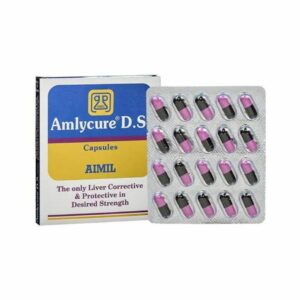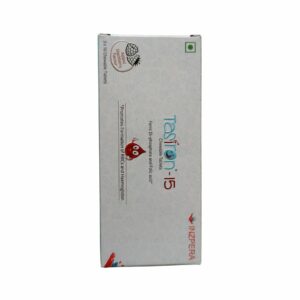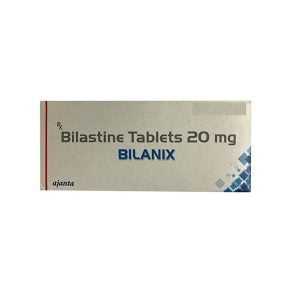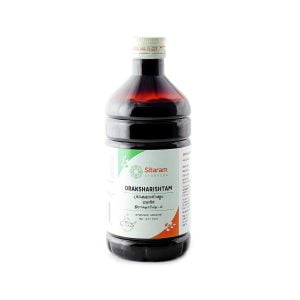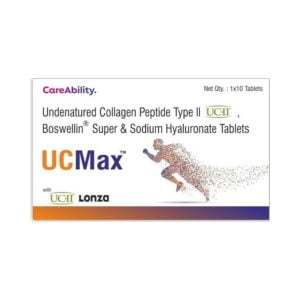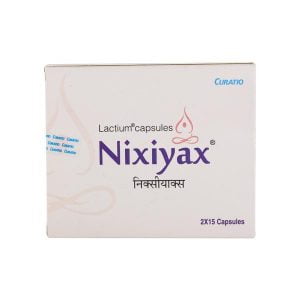Psoriasis


Dr. Sharma's Treatment For Psoriasis
Psoriasis is a chronic autoimmune disorder that affects the skin, nails, and joints. It is characterized by red, scaly patches of skin that can be itchy and painful. While the exact cause of psoriasis is still unknown, it is believed to be an inflammatory disorder that is triggered by a combination of genetic and environmental factors. In this article, we will discuss the importance of managing inflammation and the different approaches to managing psoriasis symptoms.
Balancing Inflammation by a Paleo or Mediterranean Diet and Detox of Liver and Gut Inflammation plays a significant role in the development and progression of psoriasis. While there is no single “psoriasis diet” that works for everyone, there is evidence to suggest that following a paleo or Mediterranean diet may help to balance inflammation in the body. These diets are rich in anti-inflammatory foods, such as fresh fruits and vegetables, lean proteins, and healthy fats. In addition, detoxing the liver and gut can help to reduce inflammation and improve overall health. This can be achieved by consuming foods and supplements that support liver and gut health, such as turmeric, milk thistle, and probiotics.
Anti-inflammatory Foods
In addition to following a healthy diet, incorporating anti-inflammatory foods into your diet can also help to manage psoriasis symptoms. Some foods that are known to have anti-inflammatory properties include:
- Fatty fish, such as salmon and mackerel, are rich in omega-3 fatty acids
- Berries, such as blueberries and raspberries, are high in antioxidants
- Leafy greens, such as spinach and kale, are rich in vitamins and minerals
- Nuts and seeds, such as almonds and flaxseed, which are high in healthy fats
- Turmeric, which contains curcumin, a powerful anti-inflammatory compound
Different Management in Different Body Types
Managing psoriasis symptoms can differ based on an individual’s body type. In Ayurveda, the traditional system of medicine from India, there are three primary body types, or doshas, known as vata, pitta, and kapha. Each dosha is associated with specific qualities and imbalances, and the management of psoriasis symptoms will differ based on the predominant dosha and the presence of any imbalances.
Consult Dr. Sharma For Psoriasis
Combining Ayurveda, Naturopathy With Modern Medicine
Reducing Medicines
For example, if a patient has a predominantly fire element and kapha congestion, the management will focus on reducing inflammation and supporting liver and gut health. This may involve following a paleo or Mediterranean diet, incorporating anti-inflammatory foods into the diet, and detoxing the liver and gut. On the other hand, if a patient has a lean body type with disturbance of predominantly wind element or vata vitiation, the management will focus on reducing stress and incorporating grounding practices, such as meditation and yoga, on calming the nervous system and reduce inflammation.
Using Methotrexate or Immunosuppressants
In some cases, using a medication, such as methotrexate or immunosuppressants, may be necessary to manage psoriasis symptoms. Methotrexate is a medication that is used to suppress the immune system and reduce inflammation, while immunosuppressants, such as cyclosporine and biological drugs, target specific parts of the immune system to reduce inflammation. While these medications can be helpful in managing psoriasis symptoms, they may also have side effects and should only be used under the guidance of a healthcare professional. You can reach out to Sparsh Health Clinic at NCR for consultation.
In conclusion, psoriasis is a chronic autoimmune disorder that can be challenging to manage. However, by focusing on reducing inflammation through a healthy diet, anti-inflammatory foods, and detoxing the liver and gut, individuals with psoriasis can improve their symptoms and overall health. It is also important to consider the individual’s body type and any imbalances they may have, as this can impact the management of psoriasis symptoms. Finally, in some cases, medication may be necessary to manage psoriasis symptoms, but it should always be used under the guidance of a healthcare professional. By taking a comprehensive approach to managing psoriasis, individuals can improve their quality of life and better manage their symptoms.
Step 1

Share Past Prescription
Share your past prescription with the doctor for analysing your current situation.
Step 2

Upload Image
Step 3


